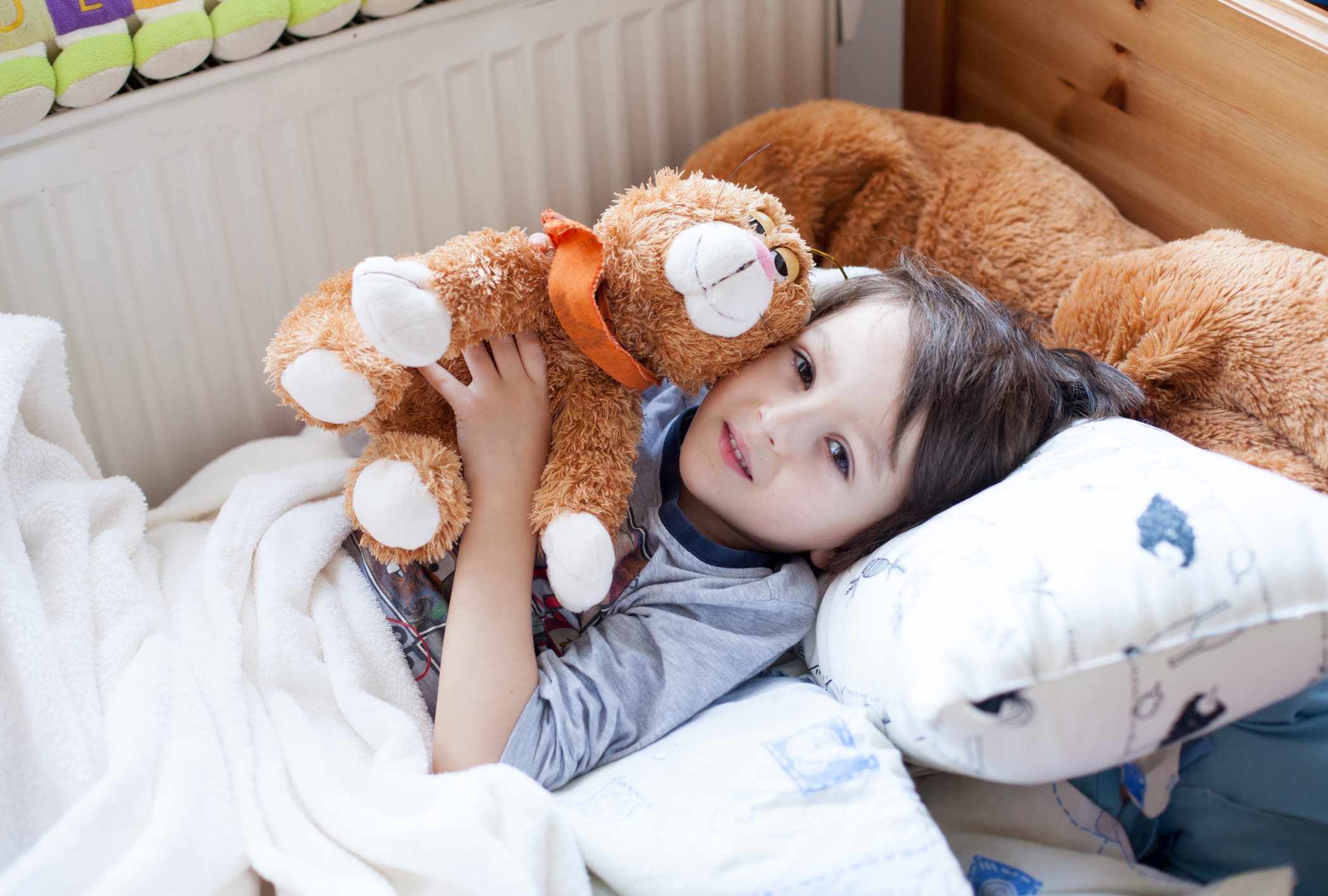So many things can cause a child’s cough. Here’s how to help soothe it.
Along with all the wonderful things about this season – holidays! a new year! winter break! snow! – it oftentimes also brings along that persistent cough your child has developed.
What helps a child’s cough depends very much on why the cough is present. Sometimes cough can indicate reflux, asthma or post-nasal drip with seasonal allergies and all of those things may benefit from medications your pediatrician might recommend. However, with winter upon us, the most likely cause of cough that we see currently is related to viruses (influenza and RSV being ones that you hear about often, but there are a multitude of viruses that can cause cough). Antibiotics do not treat viruses — your child’s body will fight off the illness given time – but what you can you do to support them in that process?
The American Academy of Pediatrics does not recommend over-the-counter cold or cough products for children under the age of 4. This is because studies have failed to show significant benefit to them and because many have a mixture of various ingredients, thereby posing a risk of accidental overdose when combining them with other medications like Tylenol. So, if you can’t use over-the-counter medications, what are safe cough remedies for kids?
Here are several things you can give your child for a cough:
- Oftentimes, cough is accompanied by fever, and giving fever-reducers such as Tylenol or Ibuprofen can certainly help your child feel better. Remember, Ibuprofen should only be used in children older than 6 months of age.
- Research has shown that honey can be beneficial to help soothe a cough. You can give a dose of ½-1 teaspoon particularly before bed to help your child sleep. Remember, honey can only be fed safely to children older than 1 year of age.
- For young children, simple things like nasal saline (which you can make at home by combining ½ teaspoon of table salt per 1 cup of warm tap water) followed by bulb suctioning can help ease congestion and cough. This can be especially helpful before feeds. For older children, gargling with salt water might help ease a throat that is sore from coughing.
- For children older than 2, topical vapor rubs (those made with camphor, menthol, eucalyptus oils) also can help with cough and cold symptoms. Rubs should be avoided on the face and applied onto the chest.
- You can also try placing a humidifier in your child’s room or placing your child in a warm bath to breathe in the warm mist; this can often help loosen a cough as well.
- Remember that as with any illness, rest and plenty of fluids can do a world of wonders. And nothing can replace your tender love and care so pile plenty of that on as well!
This post was written by Maya Neeley, M.D., a board-certified pediatrician specializing in hospital medicine at Monroe Carell Jr. Children’s Hospital at Vanderbilt. She adores her husband and four young boys and loves spending time with family and good friends.

Learn more
Vanderbilt’s Children’s After-Hours Clinics offer the convenience of a walk-in clinic with care provided by a board-certified pediatrician from Children’s Hospital. No appointment is necessary, but we recommend calling your pediatrician first. Learn more about services and find locations for Children’s Hospital After Hours Clinic locations.
Also, use our online flu tool to decide whether self-care at home or a visit to your healthcare provider is in order.

